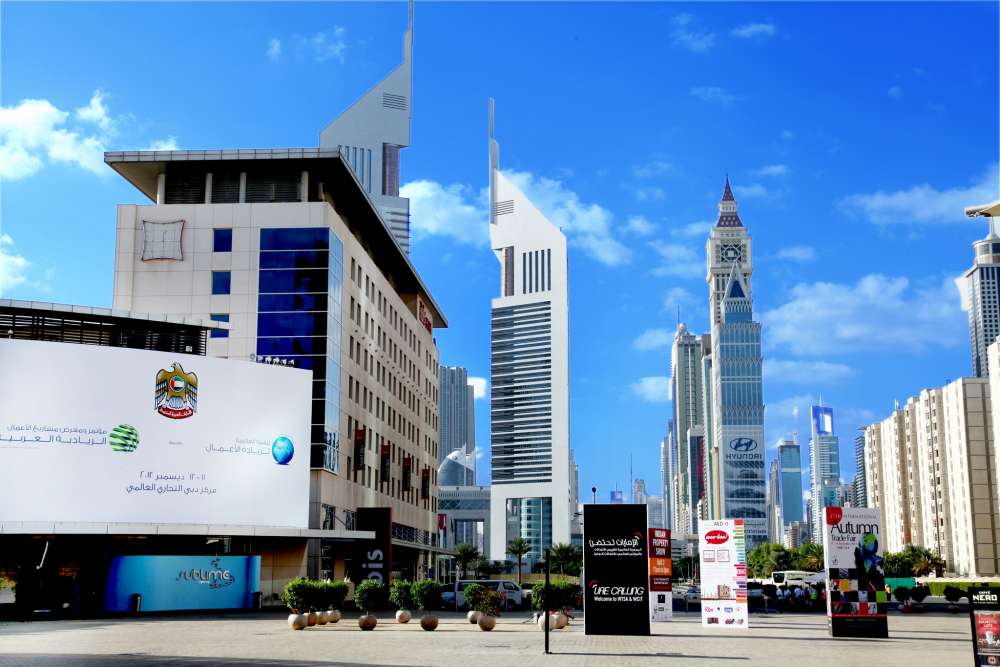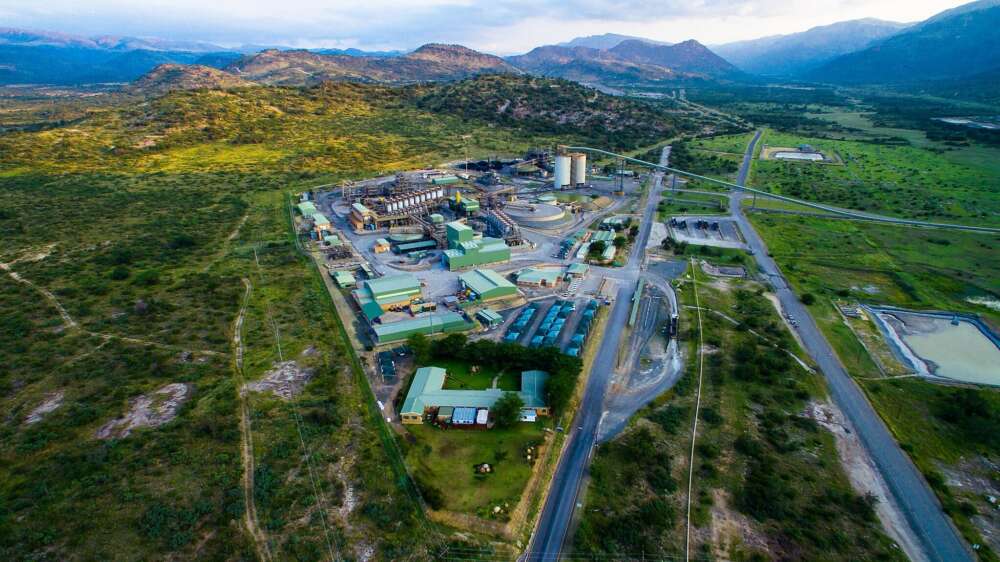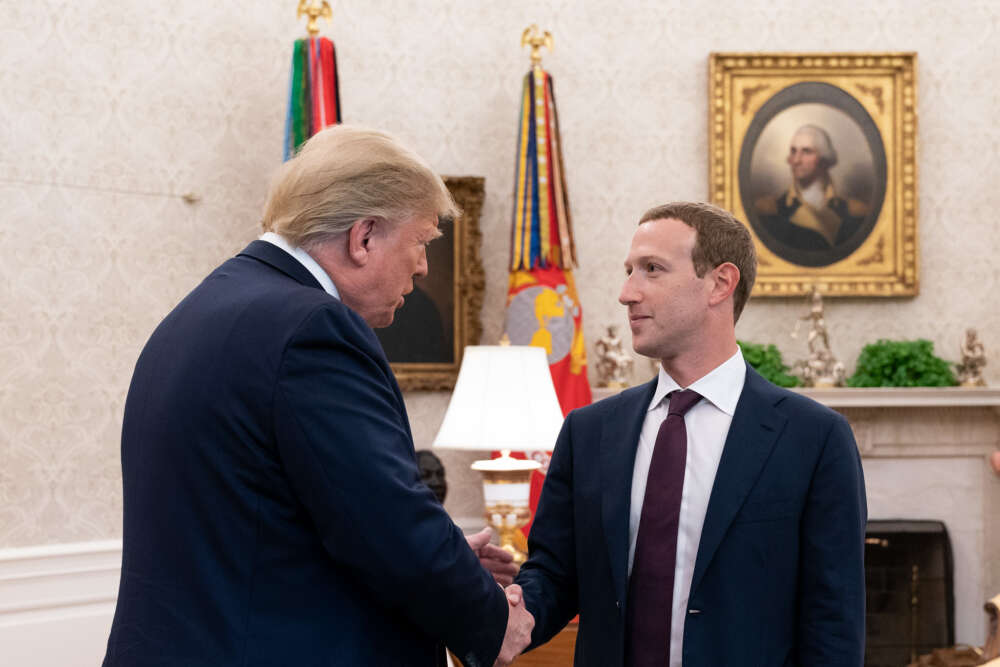The Future Internet World Order

In the future, who – or what – will govern the Internet? The answer to that question could also shed light on one of the biggest foreign policy questions of the decade: As power is shifting among states and diffusing, what is the future of the world order?
That first question was in the spotlight in 2012, right around the World Conference on International Telecommunications (WCIT) in Dubai. It was the first time in nearly a decade that the topic of Internet governance attracted major international media attention. The conference provided a snapshot of the status quo: It ended in a diplomatic éclat with 89 states, including Russia and China, signing a new telecommunications treaty and 55 countries, including the United States, the vast majority of OECD members and several others such as Mongolia, India and Peru, publicly opposing it. The conference became the latest showdown of the ongoing struggle over the future of the Internet, with some countries led by Russia and China seeking greater governmental control and others supporting an Internet governance model driven by civil society, the private sector and governments.
Caught in the middle are the “swing states”– countries that have not decided which vision for the future of the Internet they will support. Yet, the outcome of this debate ultimately depends on these states – the ones that have not yet firmly staked out a position and who represent a significant share of the world’s population and economy.
To read the full article, please visit TIME online.







